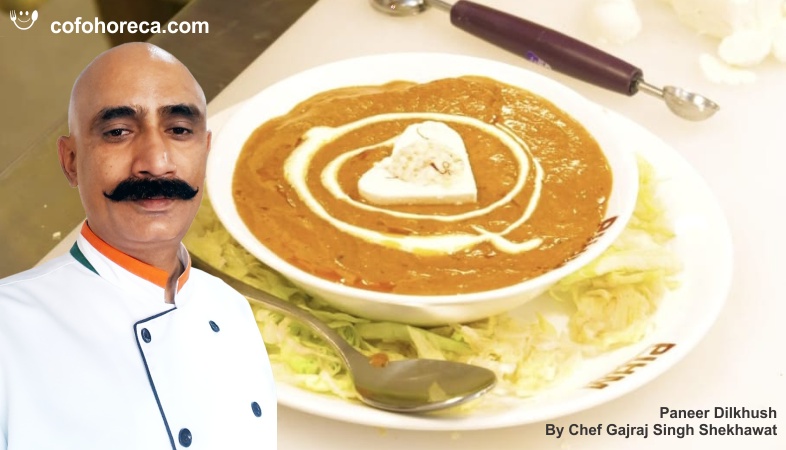SHARE
Commercials
More Posts
Jan 20, 2025
Mango Bruschetta - By Chef Rohit Anand
Dec 24, 2024
Paneer Dilkhush - By Chef Gajraj Singh Shekhawat
Jan 28, 2025
Makai Cheesy Kaju Tikki - By Chef Rajat Ranjeet
May 16, 2025
Buransh Lassi - By Chef Rajendra Singh Bisht
Jan 20, 2025
Mango Bruschetta - By Chef Rohit Anand
Dec 24, 2024
Paneer Dilkhush - By Chef Gajraj Singh Shekhawat
Jan 28, 2025
Makai Cheesy Kaju Tikki - By Chef Rajat Ranjeet
May 16, 2025
Buransh Lassi - By Chef Rajendra Singh Bisht
Jan 20, 2025
.png)



























